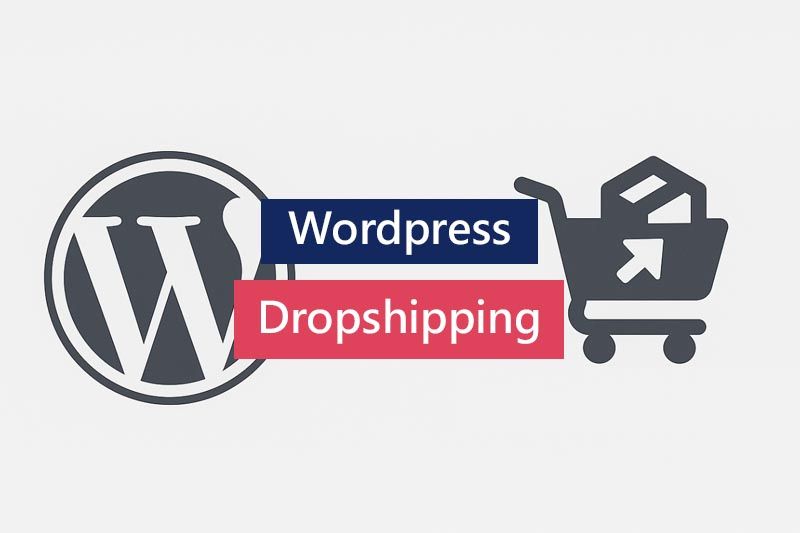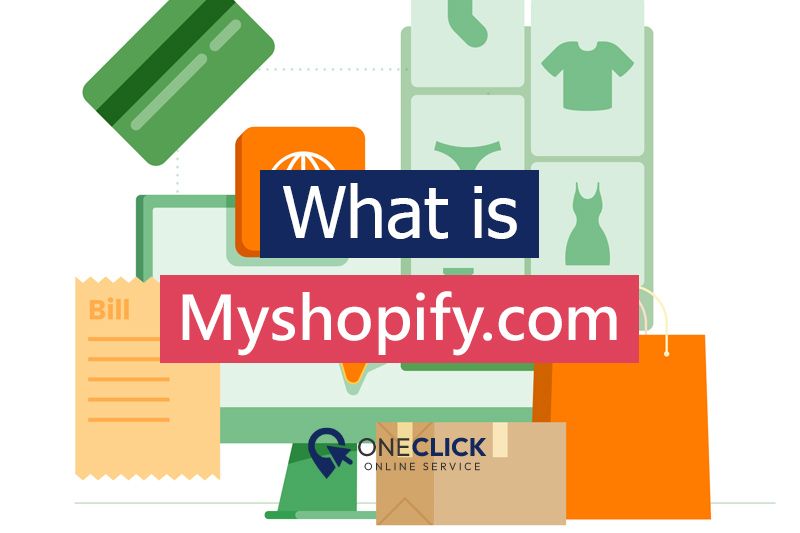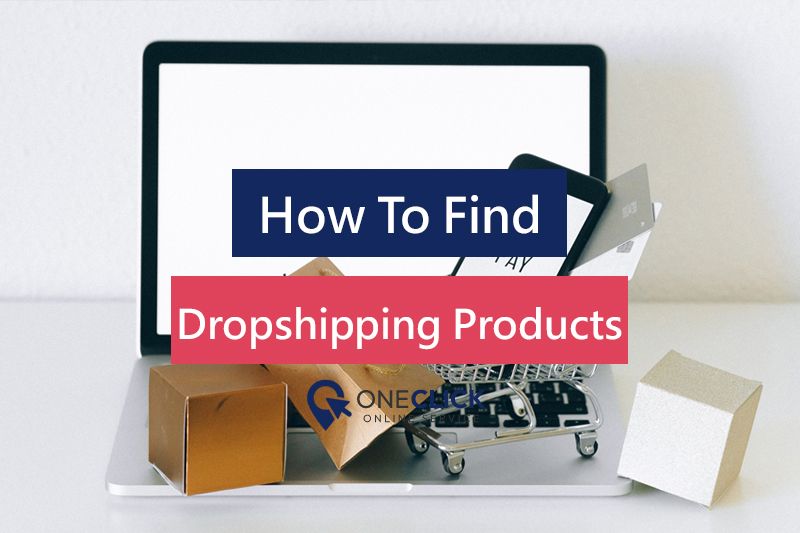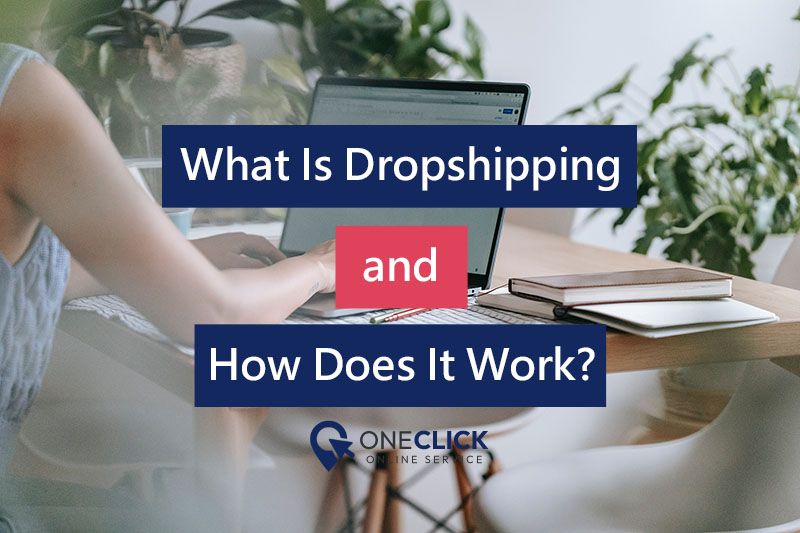What It Is Affiliate Marketing For Beginners
Table of contents
- Introduction to Affiliate Marketing
- What is affiliate marketing?
- Does affiliate marketing work?
- Types of Affiliate Marketing Models
- Comparisons between Affiliate Marketing's Models
- What are affiliate marketing platforms and networks?
- Affiliate Marketing platforms and networks offer several advantages
- Some of the popular affiliate marketing platforms include
- Benefits of Amazon Affiliate Marketing
- Pros and Cons of Using Affiliate Networks
- Getting Started with Affiliate Marketing
- Steps to Start as an Affiliate Marketer
- 6 Reasons to Use an Ecommerce Affiliate Program for Your Store
- 2 Top Affiliate Marketing courses
- 5 Affiliate Marketing Books Everyone Should Read in 2025
- FAQ about Affiliate Marketing
Introduction to Affiliate Marketing
In this article, we delve into the realm of affiliate marketing and explore the essentials for those aspiring to venture into this dynamic field. From understanding the core concepts to practical tips for initiating an affiliate marketing journey, we'll provide insights to help kickstart your endeavors in the world of affiliate marketing. Let's embark on this exploration together
What is affiliate marketing?
Affiliate marketing refers to a performance-based marketing model where individuals, known as affiliates or publishers, promote products or services of companies, known as merchants or advertisers, and earn a commission for each sale, click, or lead generated through their referral.

Does affiliate marketing work?
Affiliate marketing operates on a simple premise: Affiliates partner with merchants and receive unique tracking links. Affiliates then promote these products or services through their channels, such as websites, blogs, or social media. When a customer clicks on the affiliate's link and completes a desired action (purchase, sign-up, etc.), the affiliate earns a commission.
The role of affiliates, merchants, and customers
Affiliates: These are individuals who join affiliate programs and promote products or services. They leverage their online presence or marketing skills to drive traffic and sales.
Merchants: Merchants are businesses or brands that offer affiliate programs. They provide affiliates with promotional materials, unique affiliate links, and commissions for successful referrals.
Customers: Customers are the end-users who purchase products or services through affiliate links. They may or may not be aware of the affiliate marketing process behind their purchase.
Understanding these roles is fundamental for those new to affiliate marketing, as it forms the basis for how this marketing model operates and how different entities interact within the affiliate ecosystem.
Types of Affiliate Marketing Models:
Per-Sale (PPS):
Pay-Per-Sale is a prevalent model in affiliate marketing where affiliates earn commissions based on the sales they generate for the merchant. The affiliate receives compensation only when a sale is made through their unique affiliate link. This model typically offers higher commissions but demands effective marketing strategies to convert leads into sales.
Pay-Per-Click (PPC):
Pay-Per-Click involves affiliates earning commissions based on the number of clicks their referral link receives, regardless of whether a purchase occurs. The affiliate is compensated for driving traffic to the merchant's site. This model is more about driving traffic and requires quality content and effective ad placements.
Pay-Per-Lead (PPL):
Pay-Per-Lead pays affiliates for generating leads or actions, such as sign-ups, trial registrations, or form submissions. The affiliate is compensated when a visitor completes a specific action on the merchant's website through their referral. PPL is common in industries where generating leads is more critical than direct sales.
Revshare (Revenue Share):
Revenue Share is a model where affiliates receive a percentage of the revenue generated by the customer they referred, usually as long as the customer continues to make purchases. It's a long-term approach, fostering a continuous stream of income for affiliates from recurring purchases.
Two-Tier Affiliate Marketing:
In this model, affiliates are incentivized not only for the sales or leads they generate but also for recruiting new affiliates into the program. The recruiting affiliate earns a commission for the sales made by the affiliates they refer. This model encourages network expansion and can create a passive income stream.
Comparisons between Affiliate Marketing's Models:
Suitability for Various Niches:
Each affiliate marketing model has its strengths and is suitable for different niches and marketing strategies. PPS might be ideal for high-ticket products, while PPC could suit content-driven websites. PPL might benefit services that focus on lead generation, and Revshare can be lucrative for subscription-based businesses. The choice of model depends on the niche, audience, and marketing approach.
Risk and Reward:
The models vary in terms of risk and reward. PPS offers higher commission rates but carries the risk of no sales. PPC provides consistent income with less risk but lower payouts. PPL focuses on lead generation, ensuring a stable income stream but may offer lower individual payouts. Revshare offers long-term income potential but requires sustained customer activity.
Understanding the diverse affiliate marketing models helps affiliates choose the most suitable approach based on their niche, audience, and desired income stream. Each model has distinct advantages and challenges, making it crucial to align the chosen model with specific business goals and marketing strategies.
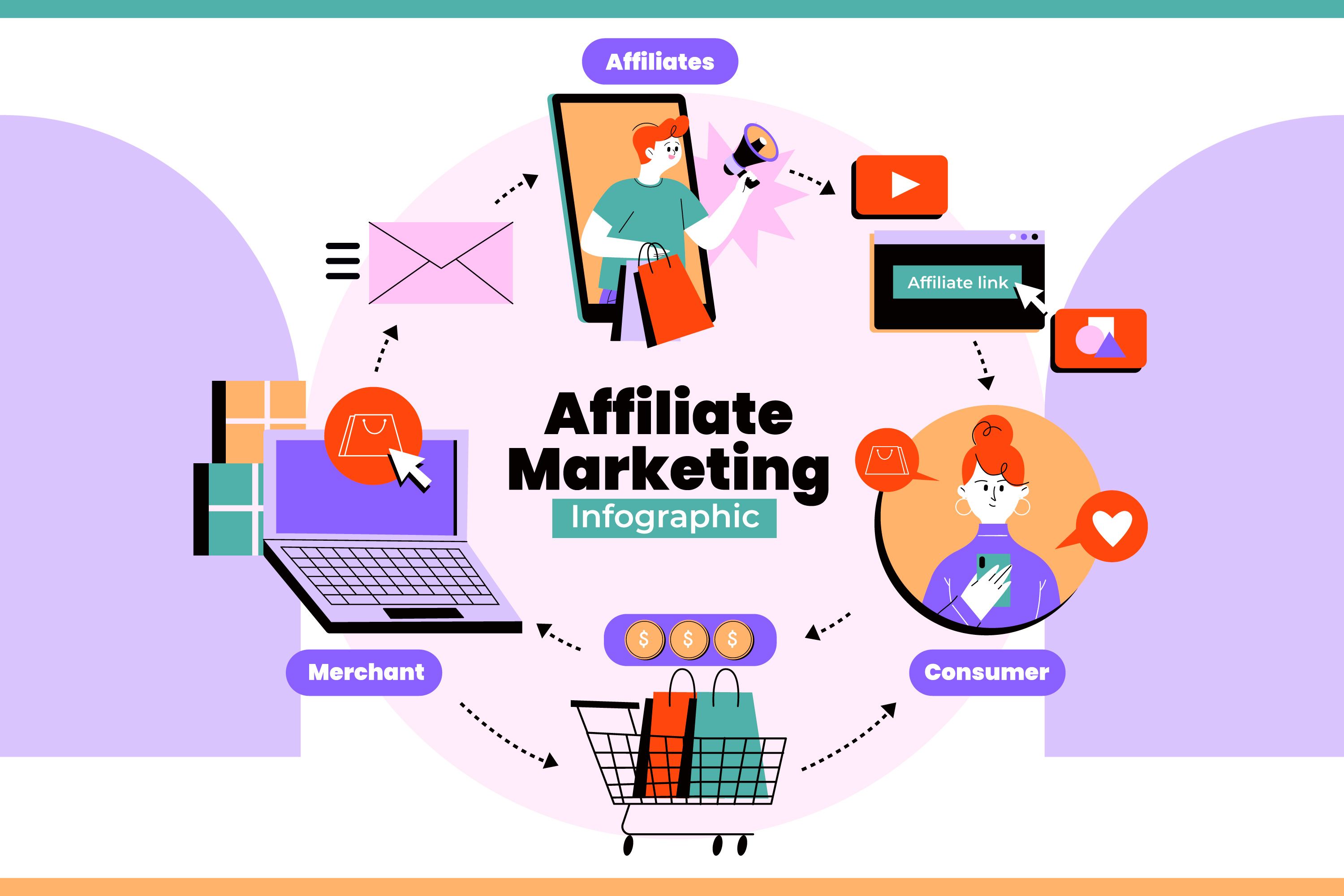
What are affiliate marketing platforms and networks?
Affiliate marketing platforms and networks serve as pivotal hubs for both affiliates and merchants, facilitating mutually beneficial partnerships and transactions. These platforms provide a structured environment for affiliate marketing endeavors. Here's an overview:
Affiliate Marketing Websites:
These platforms offer a space for affiliates to discover diverse affiliate programs across multiple niches. They often feature a catalog of products and services from various merchants, allowing affiliates to choose suitable offerings for promotion.
Affiliate Marketing Platforms:
These are comprehensive systems that manage affiliate programs, offering merchants the tools to create and manage programs while providing affiliates with access to various programs under one roof. They facilitate tracking, reporting, and payment distribution.
Affiliate Marketing Networks:
Networks act as intermediaries connecting affiliates with merchants. They bring together multiple merchants and their respective affiliate programs on a single platform. Affiliates can access various programs and track performance through a unified dashboard.
Affiliate Marketing platforms and networks offer several advantages:
Diverse Options: Affiliates can explore a wide range of niche products, and services across multiple merchants, enabling them to find suitable programs aligned with their interests and audience.
Efficiency and Tracking: These platforms streamline operations by providing tools for tracking performance metrics, generating reports, and managing payouts. This simplifies the affiliate's workflow and aids merchants in evaluating the effectiveness of their programs.
Increased Exposure: Affiliates gain exposure to multiple merchants, while merchants benefit from a broader reach through affiliates' promotional efforts, leading to enhanced brand visibility and potential sales growth.
Payment Processing: These platforms often handle payment processing, ensuring affiliates receive their commissions promptly and reliably, based on the terms set by merchants.
Support and Resources: They offer educational resources, tutorials, and customer support to assist affiliates in optimizing their strategies and maximizing their earnings.
These platforms and networks serve as valuable resources for both affiliates and merchants, fostering collaborative relationships and enabling mutually beneficial partnerships within the affiliate marketing ecosystem. Affiliates gain access to diverse programs, while merchants can tap into a broader audience base for their products or services.
Some of the popular affiliate marketing platforms include:
Amazon affiliate marketing:
Affiliate marketing on Amazon is a lucrative opportunity for individuals seeking to earn commissions by promoting Amazon's vast array of products. As one of the largest e-commerce platforms globally, Amazon offers an Affiliate Program known as Amazon Associates. Here's an overview:
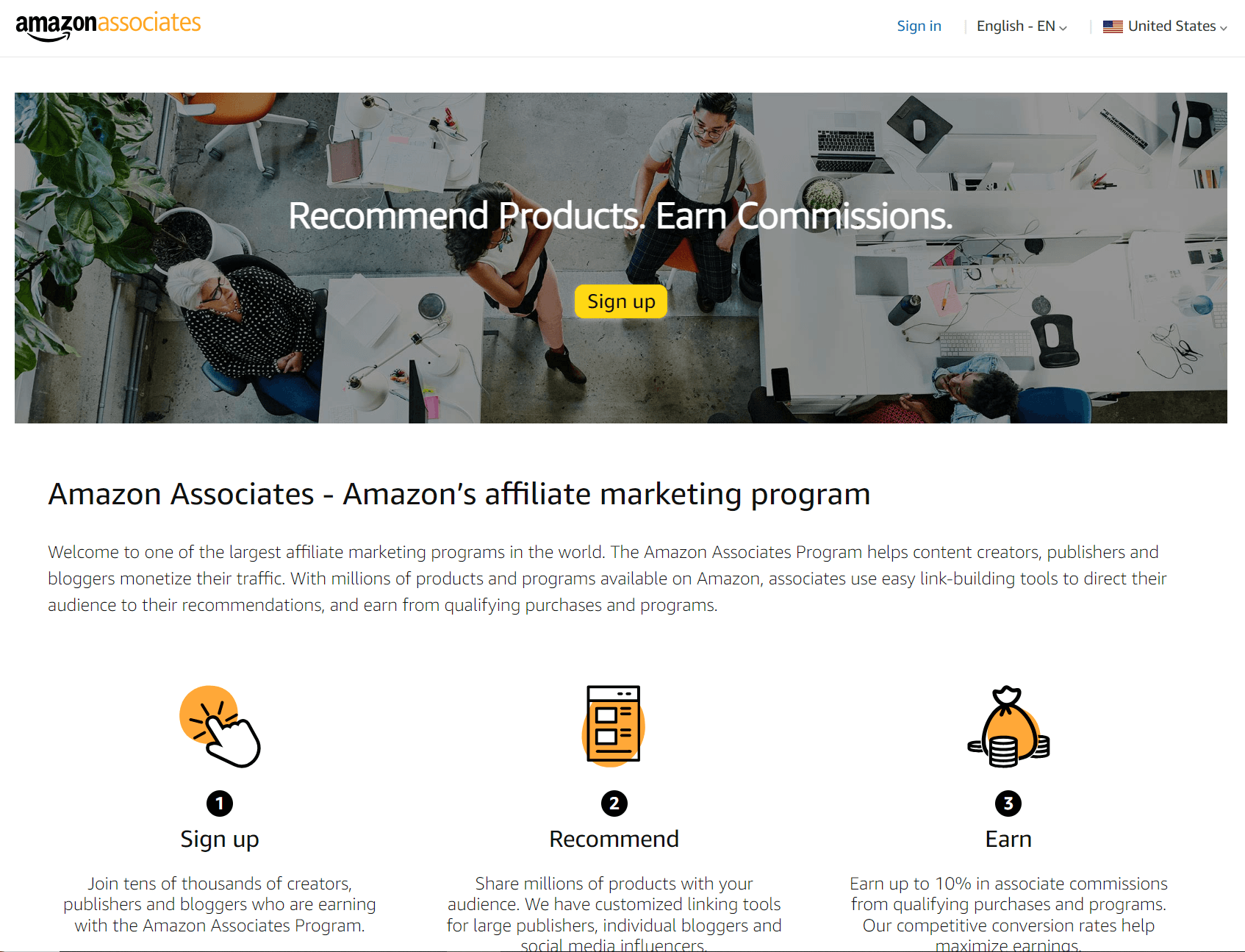
Amazon Associates Program:
Platform Overview: Amazon Associates enables individuals to earn referral fees by promoting Amazon products through unique affiliate links.
Product Diversity: Affiliates can choose from a vast selection of products to promote, catering to diverse niches and interests. Amazon's extensive inventory covers almost every category imaginable, making it appealing for affiliates in various industries.
Commission Structure: The program offers a commission structure based on a percentage of the sale. Commissions vary across different product categories, typically ranging from 1% to 10% depending on the product type.
Easy Integration: Amazon provides easy-to-use tools and resources for affiliates to generate affiliate links, banners, and widgets to embed on their websites, blogs, or social media platforms.
Cookie Duration: Amazon has a short cookie duration, typically 24 hours. This means affiliates earn a commission only if a customer purchases within 24 hours of clicking their affiliate link.
Benefits of Amazon Affiliate Marketing:
Trusted Platform: Amazon's credibility and recognition as a trusted online retailer often lead to higher conversion rates for affiliates.
Diverse Products: With millions of products available for promotion, affiliates have the flexibility to choose products aligning with their niche and audience interests.
Recurring Revenue: Affiliates can earn commissions on any products purchased by a referred customer during their visit to Amazon, not just the specific product they initially promoted.
Global Reach: Amazon operates globally, allowing affiliates to reach international audiences and earn commissions on sales made across various Amazon marketplaces.
Considerations: Commission Rates: While Amazon offers diverse products, some categories may have lower commission rates, impacting overall earnings.
Short Cookie Window: Affiliates need to optimize their strategies to encourage prompt purchases as the 24-hour cookie duration is relatively brief.
Affiliate marketing on Amazon via the Amazon Associates Program presents an enticing opportunity due to its extensive product selection, brand credibility, and global reach. As with any affiliate marketing endeavor, success depends on strategic promotion, understanding the target audience, and leveraging available tools to maximize conversions.
ShareASale:
ShareASale offers a diverse range of merchants across various industries, making it suitable for affiliates targeting different niches. It provides easy access to reporting and tracking tools.
ClickBank:
ClickBank specializes in digital products and allows affiliates to promote e-books, courses, software, and more. It's known for high commission rates and a user-friendly interface.
Rakuten Marketing (formerly LinkShare):
Rakuten Marketing is a global affiliate network with partnerships across various industries and geographical locations. It offers comprehensive tracking and reporting tools.
CJ Affiliate (formerly Commission Junction):
CJ Affiliate is a well-established network with a broad range of merchants and product categories. It provides a user-friendly interface and robust reporting features.
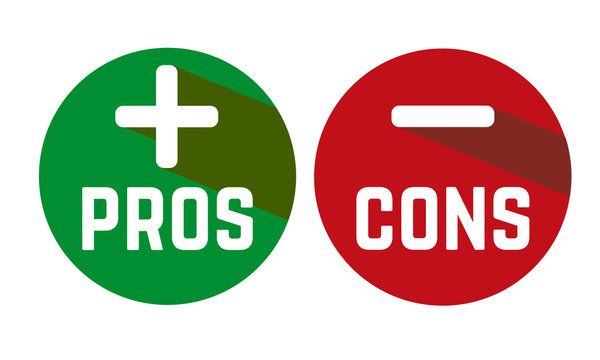
Pros and Cons of Using Affiliate Networks:
Pros:
Diverse Merchants: Access to a wide range of merchants and products.
Tracking Tools: Advanced tracking and reporting tools for monitoring performance.
Consolidated Payments: Many networks consolidate payments from multiple merchants.
Support and Resources: Some networks offer support and educational resources for affiliates.
Cons:
Commission Structures: Varying commission rates across different merchants.
Competition: Popular networks may have higher competition among affiliates.
Payout Thresholds: Minimum payout requirements can delay receiving earnings.
Network Fees: Some networks charge fees or deduct a percentage of commissions. Comparisons Between Different Affiliate Networks: Affiliate networks vary in terms of the merchants they host, commission rates, payment methods, and user interfaces. Choosing the right network depends on the niche, preferred products, and the network's ease of use and support.
Getting Started with Affiliate Marketing:
Choose a Niche: Select a niche or industry that aligns with your interests or expertise.
Research Affiliate Networks: Explore different affiliate networks to find merchants relevant to your niche.
Sign Up and Apply: Register with the chosen affiliate networks and apply to become an affiliate for suitable merchants.
Create Quality Content: Develop content that promotes products or services authentically and engages your audience.
Promote Your Links: Share affiliate links through your blog, website, social media, or email marketing to drive traffic and conversions.
Analyze and Optimize: Monitor performance using tracking tools and optimize your strategies based on data and results. Starting with affiliate marketing involves understanding the platforms available, weighing their advantages and drawbacks, and implementing effective strategies to promote products or services while considering the needs of your audience and the requirements of the chosen networks.
Steps to Start as an Affiliate Marketer:
1. Finding Profitable Niches and Products:
Market Research: Identify niches aligned with your interests and market demand.
Product Analysis: Research products or services with high demand, low competition, and good commission rates.
Narrowing Down: Focus on a specific niche to target a defined audience effectively.
2. Selecting the Right Affiliate Programs and Offers:
Explore Affiliate Platforms: Research and join reputable affiliate programs and networks relevant to your niche.
Assessing Programs: Evaluate commission rates, cookie duration, payment methods, and program terms.
Review Offers: Choose products or services that resonate with your audience and have a good track record.
3. Building an Affiliate Marketing Strategy:
Goal Setting: Define short-term and long-term goals for your affiliate marketing efforts.
Strategy Development: Plan your approach, including content creation, promotional channels, and audience engagement tactics.
Budget Planning: Allocate resources for tools, advertising, and content creation.
4. Setting Goals and Objectives:
SMART Goals: Create Specific, Measurable, Achievable, Relevant, and Time-bound goals.
Performance Metrics: Determine key performance indicators (KPIs) like conversion rates, click-through rates, and earnings.
5. Creating a Content Strategy for Affiliate Marketing:
Content Planning: Develop a content calendar outlining the types and frequency of content to be created.
Quality Content: Craft compelling and informative content that educates, entertains, or solves problems for your audience.
Varied Content Types: Utilize various formats such as blog posts, videos, reviews, infographics, or podcasts to diversify your content strategy.
6. Understanding Target Audiences and Their Needs:
Audience Analysis: Conduct thorough research to understand your target audience's demographics, interests, pain points, and behavior.
Buyer Persona Creation: Develop detailed profiles of your ideal customers to tailor content and promotions effectively.
7. Content Creation and Promotion:
SEO Optimization: Optimize content for search engines to improve visibility and organic traffic.
Promotional Channels: Utilize social media, email marketing, paid advertising, and influencer collaborations to reach and engage your audience.

Call-to-Actions (CTAs): Encourage action with clear CTAs embedded in your content. Starting as an affiliate marketer involves meticulous planning, market analysis, content creation, and strategic promotion. By understanding your audience, selecting the right products, and consistently delivering valuable content, you can establish a successful affiliate marketing venture.
6 Reasons to Use an Ecommerce Affiliate Program for Your Store
Ecommerce affiliate programs offer numerous advantages for businesses seeking growth and increased revenue. Here are six compelling reasons why leveraging an affiliate program can be advantageous for your store:
1. Expand Your Target Market and Grow Your Business
Wider Reach: Through affiliates, tap into new audiences, demographics, and markets beyond your current reach. Market Expansion: Affiliates introduce your products/services to their followers, expanding your brand's visibility and potential customer base.
2. Increase Your Average Order Value (AOV) with Offers
Incentives for Purchase: Encourage larger orders by offering discounts, bundles, or special deals through affiliate-driven promotions. Upselling Opportunities: Affiliates can push complementary or higher-priced products, boosting your AOV.
3. Low Cost, High Return on Investment (ROI)
Performance-based Payments: Pay affiliates only when they generate sales or leads, ensuring cost-effectiveness. Scalable Model: Scale your marketing efforts without substantial upfront costs by paying commissions on successful conversions.
4. Decrease the Cost of Advertising
Pay for Performance: Avoid upfront ad expenses; pay commissions only for actual sales or conversions driven by affiliates. Efficient Spending: Allocate your marketing budget more efficiently by focusing on effective affiliate-driven sales.
5. Helps Differentiate Yourself and Stand Apart from Competitors
Unique Promotions: Engage affiliates to create unique content and promotions that distinguish your brand in a competitive market. Enhanced Visibility: Stand out by leveraging affiliates who highlight your brand's unique selling points to their audience.
6. Helps Boost Your Sales with Influencer Marketing
Leverage Influencer Reach: Collaborate with influencers as affiliates to capitalize on their authority and extensive reach.
Trust and Credibility: Influencers' endorsements can instill trust in your brand, leading to higher conversion rates.
 Incorporating an ecommerce affiliate program into your business strategy can significantly enhance your reach, revenue, and brand recognition. By harnessing the power of affiliates, businesses can optimize marketing efforts while boosting sales and market presence.
Incorporating an ecommerce affiliate program into your business strategy can significantly enhance your reach, revenue, and brand recognition. By harnessing the power of affiliates, businesses can optimize marketing efforts while boosting sales and market presence.
2 Top Affiliate Marketing courses
When it comes to learning about affiliate marketing, taking courses can provide invaluable insights and practical knowledge to excel in this field. Here are two suggested free courses on affiliate marketing:
Google Skillshop: Google offers a free course called "Google Skillshop" that covers various aspects of digital marketing, including an introduction to affiliate marketing. This platform provides comprehensive training and certification programs. Learners can explore modules on digital marketing fundamentals, understanding how online advertising works, and leveraging Google's marketing tools for affiliate marketing strategies.
HubSpot Academy: HubSpot Academy offers a free course titled "Affiliate Marketing Course" that covers essential concepts and strategies in affiliate marketing. This course provides an understanding of how affiliate marketing works, how to set up an affiliate program, and best practices for running successful affiliate campaigns. Learners can access video lessons, practical examples, and downloadable resources to enhance their knowledge in this domain.
These free courses offer foundational knowledge and insights into affiliate marketing, catering to beginners and individuals seeking to expand their understanding of this dynamic and evolving field. Students can access valuable resources, expert-led instruction, and practical guidance to kickstart their journey into affiliate marketing without any financial commitment.
5 Affiliate Marketing Books Everyone Should Read in 2025
Certainly, here are some recommended books on affiliate marketing that offer valuable insights and strategies:
1-"Affiliate Marketing: Launch a Six Figure Business with Clickbank Products, Affiliate Links, Amazon Affiliate Program, and Internet Marketing" by Noah Gray
Provides a comprehensive guide on leveraging various affiliate marketing platforms, exploring strategies to build a successful online business.

2-"Affiliate Marketing: Secrets – The Simple Formula to Making $10,000+ Per Month In Passive Income" by Sean Dollwet
Offers a step-by-step approach to creating a profitable affiliate marketing business, covering fundamental concepts and practical tips for success.

3-"Affiliate Marketing: How to Become a Seven Figure Affiliate Marketer in Today's Digital World" by Kasim K.M.
Focuses on advanced affiliate marketing strategies, diving into tactics used by top marketers to achieve substantial income through affiliate programs.

4-"Affiliate Marketing: Proven Step By Step Guide To Make Passive Income" by Robert King
A beginner-friendly guide that details the basics of affiliate marketing, highlighting strategies to generate passive income through affiliate programs.

5-"Affiliate Marketing: Launch a Complete Affiliate Marketing Business in 60 Minutes or Less (Online Business Series)" by Kevin Harrington & Matt Diggity
Offers a concise yet comprehensive approach to launching an affiliate marketing business efficiently, ideal for beginners seeking quick and effective guidance. These books cover a range of topics, from beginner-level introductions to advanced strategies, providing valuable insights into the world of affiliate marketing. Each book offers different perspectives and tactics, catering to various skill levels and interests within the affiliate marketing sphere.
Probably, this blog will be what you need Affiliate Marketing vs Dropshipping
FAQ about Affiliate Marketing:
How do I become an affiliate marketer for?
Here's how to get started with affiliate marketing: Choose a niche. Think about what you're good at and link doing. Decide on a content platform. ... Find affiliate programs to join. ... Create great content. ... Drive traffic to your affiliate links. ... Get clicks on your affiliate links.
How does affiliate marketing work?
Affiliate marketing is a marketing model in which third-party publishers promote a merchant's goods or services and receive a percentage of the sales or web traffic made as a result. It is typically considered a key part of modern digital marketing.
Is affiliate marketing a legitimate way to earn money?
Yes, affiliate marketing is a credible and legitimate means of generating income. Despite some misconceptions, it stands as a valid method in the digital landscape. Given the widespread use of the internet globally, coupled with the continuous surge in online sales across various industries, affiliate marketing offers a genuine opportunity for earning.
How do I start my affiliate marketing?
How to start affiliate marketing Decide on a niche. Choose your affiliate platform. Find a relevant affiliate marketing program. Create valuable content. Build an audience. Follow FTC regulations.
At Oneclick Online Service, we understand how vital it is to work with dependable suppliers. We make it easier for you by offering seamless product sourcing from China. With our expertise, you can build a strong foundation for your dropshipping or Wholesale business and maintain a steady flow of quality products.
For assistance with sourcing and managing your dropshipping needs, feel free to contact us, or register for our app to begin your journey with Oneclick. We're here to help every step of the way.



